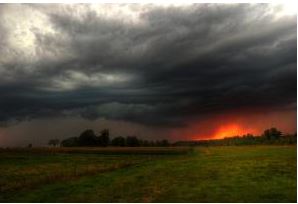Lyon, France. 1 August 2015. The following is a working draft in progress. We post it at this time to invite our readers’ views, correction and eventual additions. It is part of our ongoing volunteer work to support the Sustainable Penang project.
International networking
 Up until the present time virtually all of the networking and exchanges under this project have taken place within Penang and Malaysia more generally. However as of mid-2015, the leader of this mission has concluded that the role and participation of international organizations and various specialized agencies is going to be critical to bringing about a better informed and more coherent transport and land use policy in Penang.
Up until the present time virtually all of the networking and exchanges under this project have taken place within Penang and Malaysia more generally. However as of mid-2015, the leader of this mission has concluded that the role and participation of international organizations and various specialized agencies is going to be critical to bringing about a better informed and more coherent transport and land use policy in Penang.
These State and other concerned local organizations have a great deal of catching up to do, and all of this will become much easier if they take advantage of international partners and sources to ensure that their policies take advantage of past experience and leading practices in other places. The problem is not so much one of money, as it is of knowledge, vision, strategy and leadership.

















